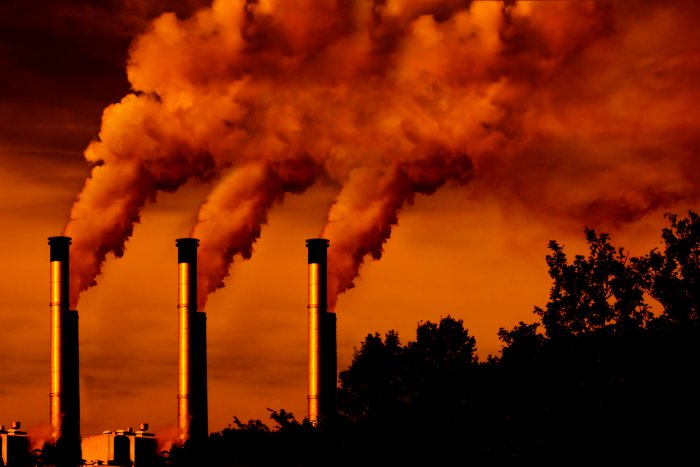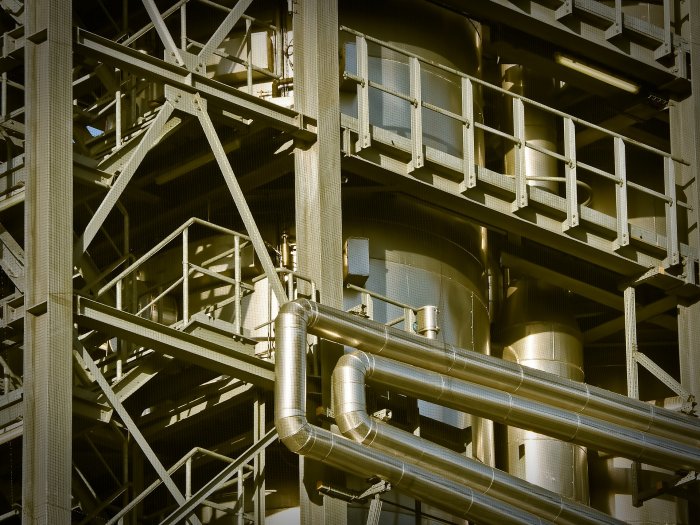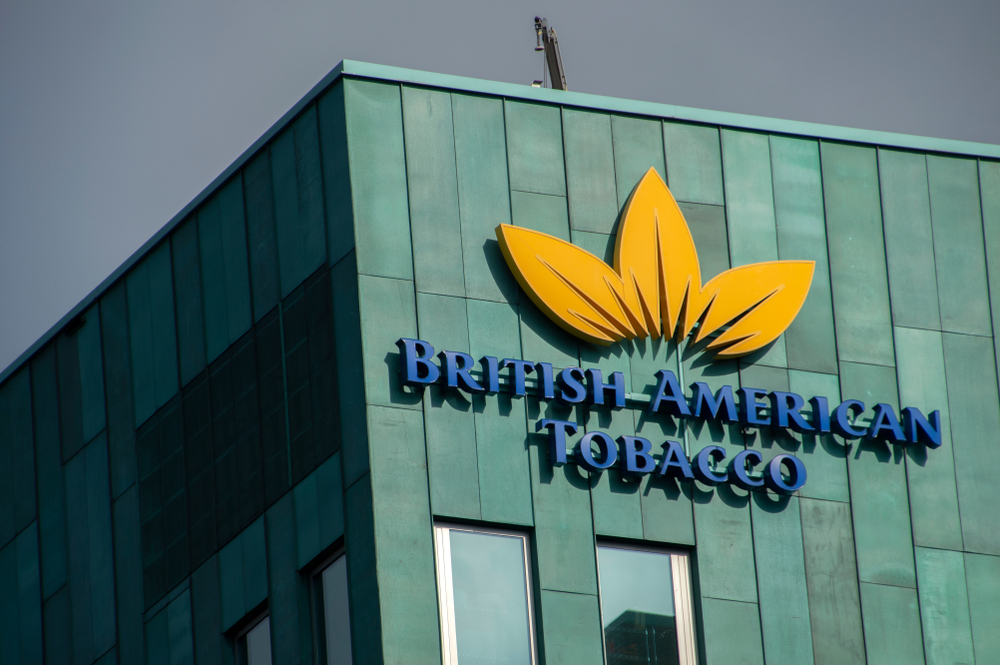OECD urges Hungary to set higher environmental goals

Hungary is progressing in making its economy greener and controlling emissions, but other aspects must be improved, according to a report presented Thursday by the Organisation for Economic Co-operation and Development (OECD).
Having fallen from 1990-2015, greenhouse gases are on the rise again.
The OECD presented the results of its third “Environmental Performance Review of Hungary” at a press conference this morning (June 28), noting several achievements, such as greenhouse gas emissions decreasing by 35% between 1990 and 2015, and the introduction of stricter environmental policies. The report also praised Hungary’s progress in defending biodiversity.
The organization pointed out several areas for improvement, however. According to the report, four out of ten Hungarians receive poor-quality drinking water, and about a third of Hungarians live in households without connections to wastewater treatment facilities. Many residential heating and cooling systems are obsolete, it says, resulting in a high atmospheric concentration of harmful fine particles.
Frequent institutional changes and reorganizations have made it difficult to implement policy changes, according to the report. The organization also warns that greenhouse gas emissions started rising once again in 2015, and points out that the taxation of fuels is one of the lowest in OECD countries.
“Rising industrial activity and energy consumption are intensifying pressures on Hungary’s environment. Yet the economic rebound is an opportunity to invest more in energy efficiency and renewables, to accelerate the transition to green growth and a circular economy,” said Anthony Cox, the OECD’s acting environment director, presenting the review in Budapest.
The OECD made several recommendations, including introducing efficient heating and cooling systems along with better insulation of buildings, the establishment of a process to review environmentally harmful subsidies, and phasing out heating subsidies in favor of cash transfers to poor households.
Further suggestions involve the encouragement of public participation in environmental rulemaking, connecting rural areas to wastewater treatment facilities, implementing additional incentives to improve waste management, increasing the landfill tax, and introducing biodiversity-specific commitments and indicators for several sectors.
SUPPORT THE BUDAPEST BUSINESS JOURNAL
Producing journalism that is worthy of the name is a costly business. For 27 years, the publishers, editors and reporters of the Budapest Business Journal have striven to bring you business news that works, information that you can trust, that is factual, accurate and presented without fear or favor.
Newspaper organizations across the globe have struggled to find a business model that allows them to continue to excel, without compromising their ability to perform. Most recently, some have experimented with the idea of involving their most important stakeholders, their readers.
We would like to offer that same opportunity to our readers. We would like to invite you to help us deliver the quality business journalism you require. Hit our Support the BBJ button and you can choose the how much and how often you send us your contributions.








